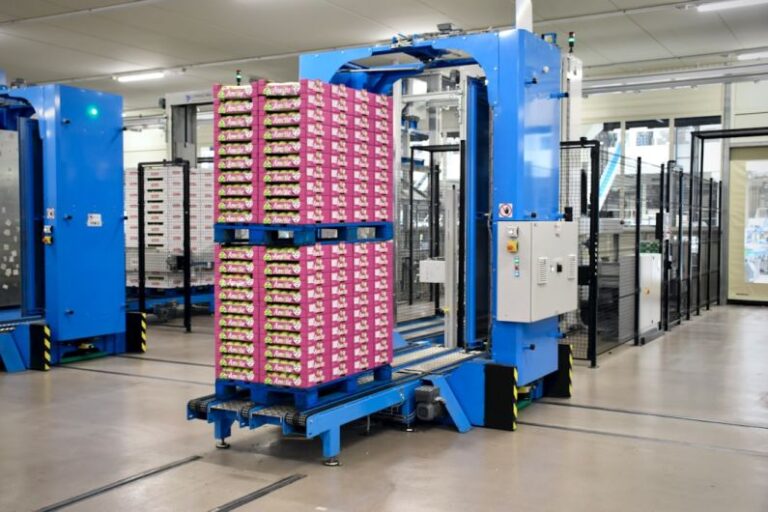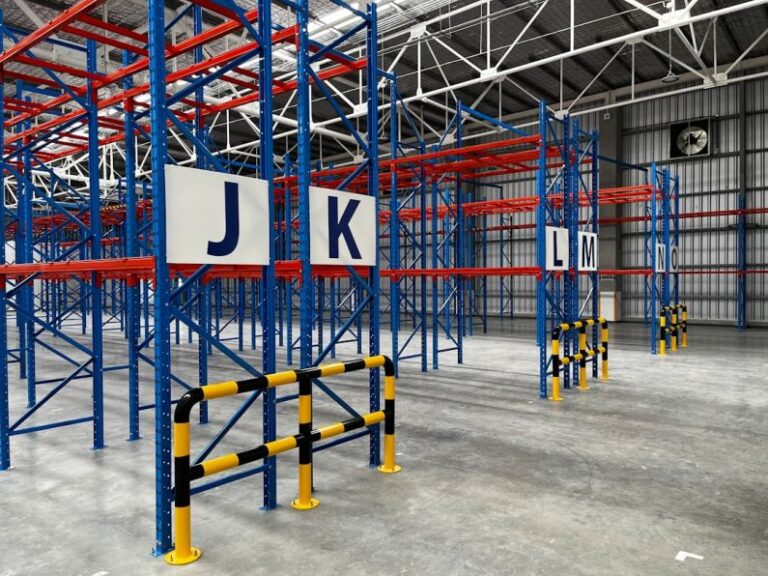The Benefits of Smart Warehousing
In today’s fast-paced business environment, companies are constantly seeking ways to streamline their operations and improve efficiency. Smart warehousing is one such solution that has gained significant traction in recent years. By leveraging cutting-edge technology and automation, smart warehousing offers a wide range of benefits that not only optimize warehouse management but also enhance overall supply chain performance.
Enhanced Inventory Management
One of the key benefits of smart warehousing is the ability to improve inventory management. Through the use of technologies such as RFID tags, barcode scanners, and inventory tracking systems, companies can accurately monitor stock levels in real-time. This not only reduces the likelihood of stockouts but also helps to prevent overstocking, thereby minimizing carrying costs and improving cash flow.
Optimized Space Utilization
Smart warehousing enables companies to make the most efficient use of available storage space. By implementing automated storage and retrieval systems, companies can maximize the use of vertical space within their warehouses, thereby reducing the need for additional storage facilities. This not only helps to lower operational costs but also enhances overall warehouse productivity.
Increased Efficiency and Productivity
Automation plays a crucial role in smart warehousing, leading to improved efficiency and productivity. Automated picking and packing systems, for example, can significantly reduce the time required to fulfill customer orders. This not only speeds up order processing but also minimizes the risk of errors, resulting in higher customer satisfaction levels.
Streamlined Order Fulfillment
Smart warehousing streamlines the order fulfillment process by automating various tasks such as order picking, packing, and shipping. By utilizing technologies such as conveyor belts, automated guided vehicles, and robotic arms, companies can expedite the fulfillment process and ensure accurate order delivery. This not only improves customer satisfaction but also helps companies to meet tight delivery deadlines.
Real-time Data Analytics
Another significant benefit of smart warehousing is the ability to harness real-time data analytics for better decision-making. By collecting and analyzing data on key performance indicators such as inventory levels, order processing times, and warehouse throughput, companies can gain valuable insights into their operations. This allows them to identify areas for improvement, optimize processes, and make informed strategic decisions.
Improved Safety and Security
Smart warehousing technologies also contribute to improved safety and security within warehouse facilities. Automated systems reduce the need for manual handling of heavy goods, minimizing the risk of workplace injuries. Additionally, advanced security features such as biometric access control and CCTV surveillance help to safeguard valuable inventory and prevent unauthorized access.
Sustainable Practices
Smart warehousing promotes sustainability by optimizing warehouse operations and reducing environmental impact. By implementing energy-efficient lighting systems, automated climate control, and eco-friendly packaging materials, companies can minimize their carbon footprint and contribute to a greener future. This not only aligns with corporate social responsibility initiatives but also enhances brand reputation among environmentally conscious consumers.
Empowered Workforce
Contrary to popular belief, smart warehousing does not eliminate the need for human labor but rather empowers the workforce with advanced technologies. By automating repetitive tasks, employees can focus on more value-added activities such as problem-solving, quality control, and process optimization. This not only enhances employee job satisfaction but also fosters a culture of continuous learning and skill development.
In Conclusion
Smart warehousing offers a multitude of benefits that can transform traditional warehouse operations into highly efficient, data-driven, and sustainable facilities. By leveraging cutting-edge technologies, companies can optimize inventory management, enhance productivity, streamline order fulfillment, and improve overall supply chain performance. Embracing smart warehousing is not just a competitive advantage but a strategic imperative for businesses looking to thrive in the digital age.






